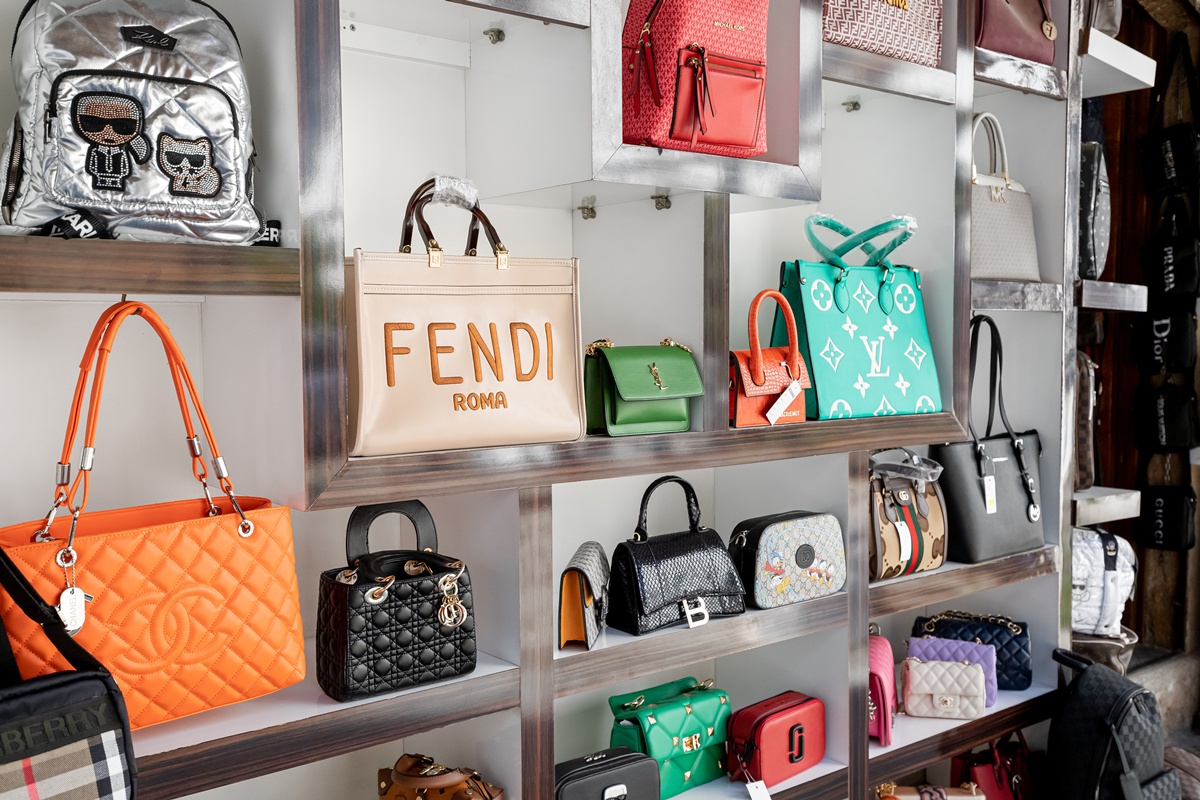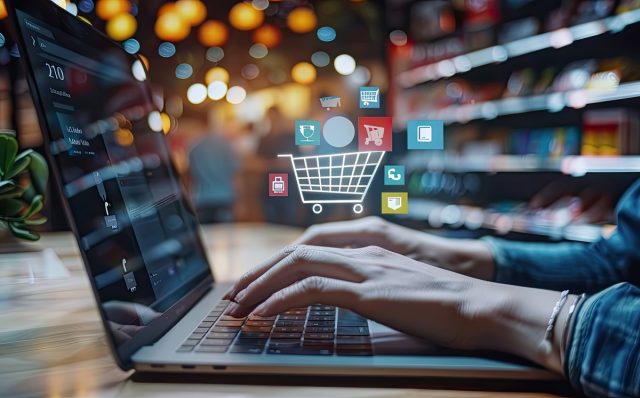June 23, 2025
Your Cheap Designer Dupe Might Be Paying for Organised Crime

In a startling revelation, a new study from the Transnational Alliance to Combat Illicit Trade (TRACIT) reveals that counterfeit goods are fuelling a massive underground economy in the UK, with everyday consumers unknowingly contributing to a criminal enterprise worth billions.
According to the data, 37% of UK adults admit to knowingly purchasing fake goods, and the average person has bought up to 10 counterfeit items in just the last six months. The most popular counterfeits include clothing (53%), cosmetics (30%), alcohol (23%), and tobacco (20%), cheap fakes that often come with hidden costs far beyond the price tag.
“Fake goods aren’t a harmless bargain – they fund a shadow economy that’s draining public resources, propping up serious criminal networks, and putting consumers at risk,” said Jeff Hardy, Director General of TRACIT. “It’s time to break the silence on the real cost of fake goods and empower consumers with the facts.
The consequences go well beyond individual purchases. These products are part of a £3.1 trillion global shadow economy, funding criminal operations that range from drug smuggling and human trafficking to tax evasion and labour exploitation. Despite this, public awareness remains dangerously low. TRACIT’s findings show that 70% of Brits would stop buying fakes if they understood the link to serious organised crime.
Bargains That Break Society
What many consider harmless deals are transactions that undermine legitimate jobs, starve public services of revenue, and empower criminal networks. Every fake handbag or illicit vape might seem like a bargain, but it chips away at the same system meant to fund the NHS, policing, education, and social care.
Consumers are starting to connect the dots, as 57% of Brits now believe their tax burden would be lower if the counterfeit market were shut down. Yet financial pressures and lack of awareness continue to drive demand, particularly among younger shoppers.
A staggering 6.7 million 16–34-year-olds have seen ads for fake products on social media, with many swayed by the illusion of luxury at low cost. Peer pressure plays a key role — 43% of young adults feel pressure to own designer goods, with 6.5 million admitting they’ve purchased counterfeits to keep up appearances.
In addition, certain regions show even greater comfort with counterfeit culture. In Bristol, 25% of residents say they’re comfortable buying fakes, compared to 21% nationwide. Leeds stands out too, where nearly a quarter of residents feel pressured to own branded goods.
Next time a deal seems too good to be true, it’s worth asking: who profits — and who pays the price?



